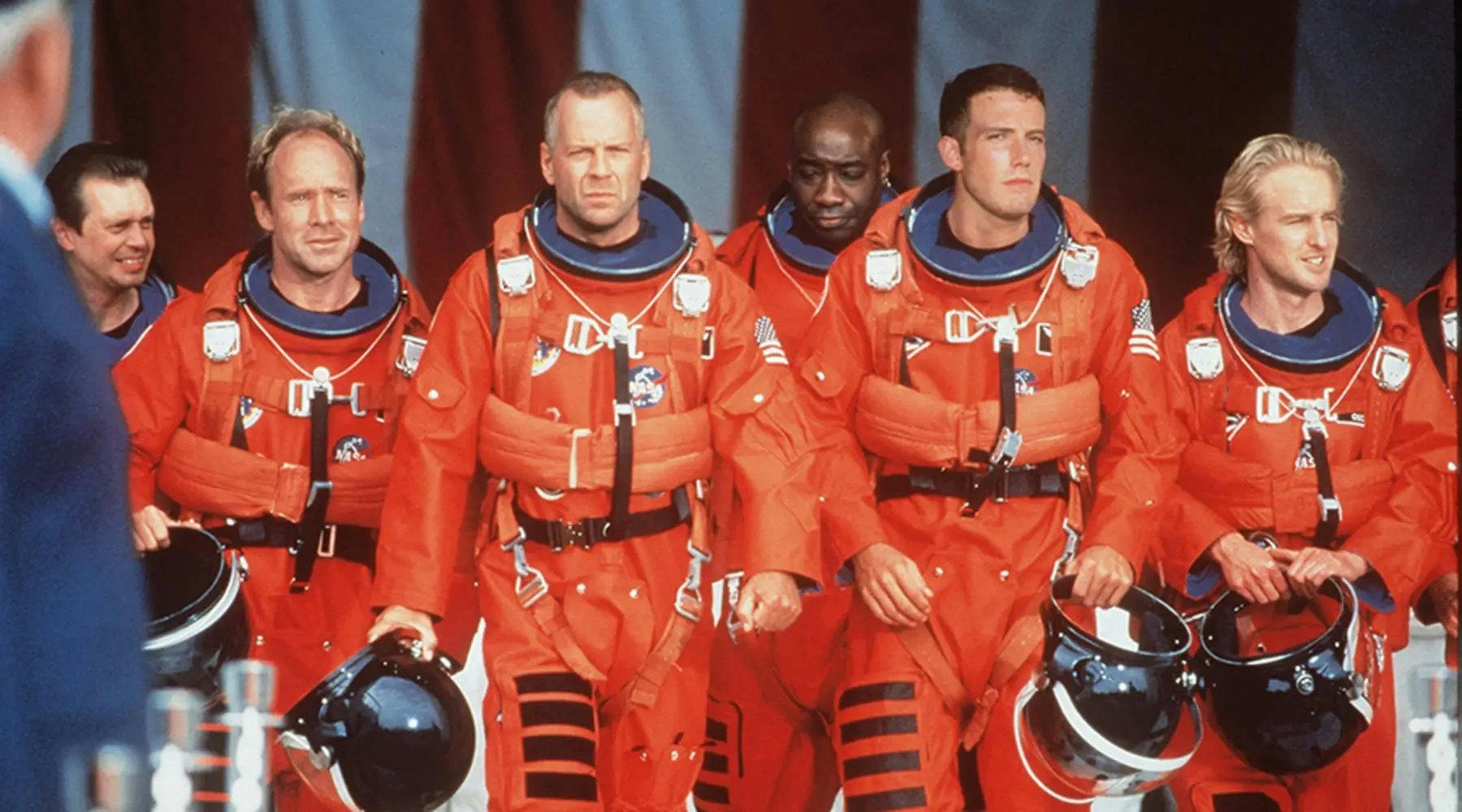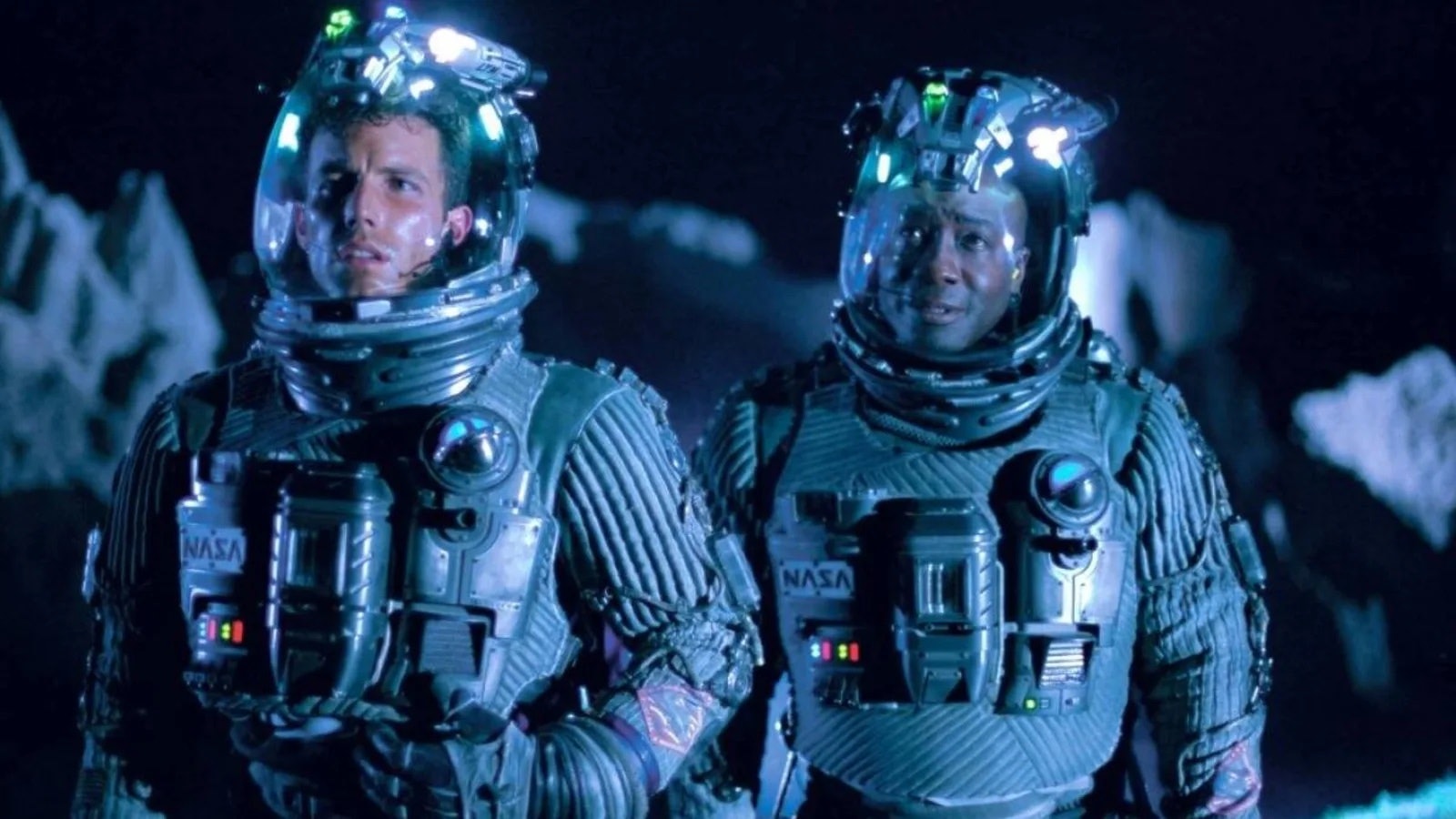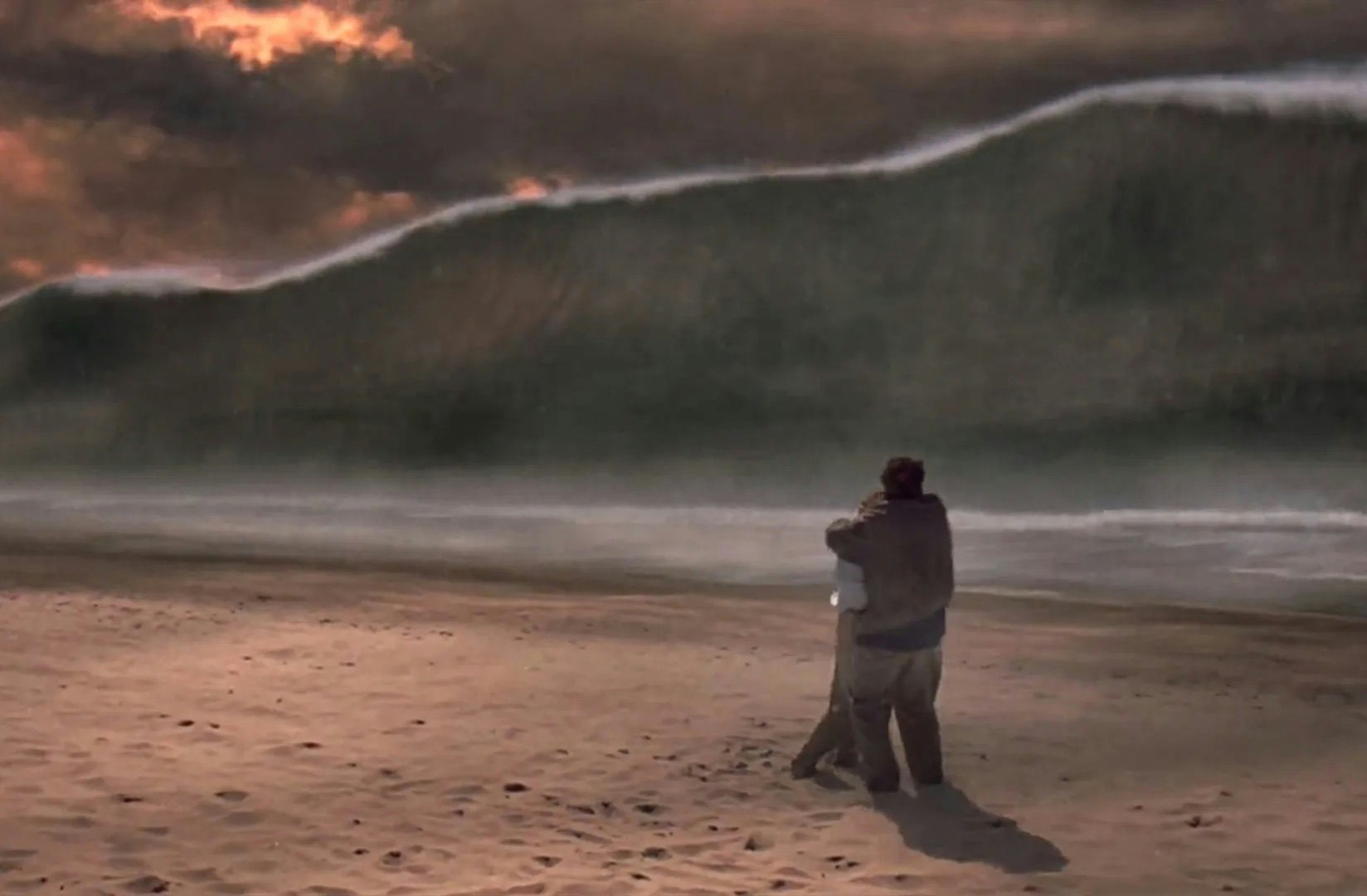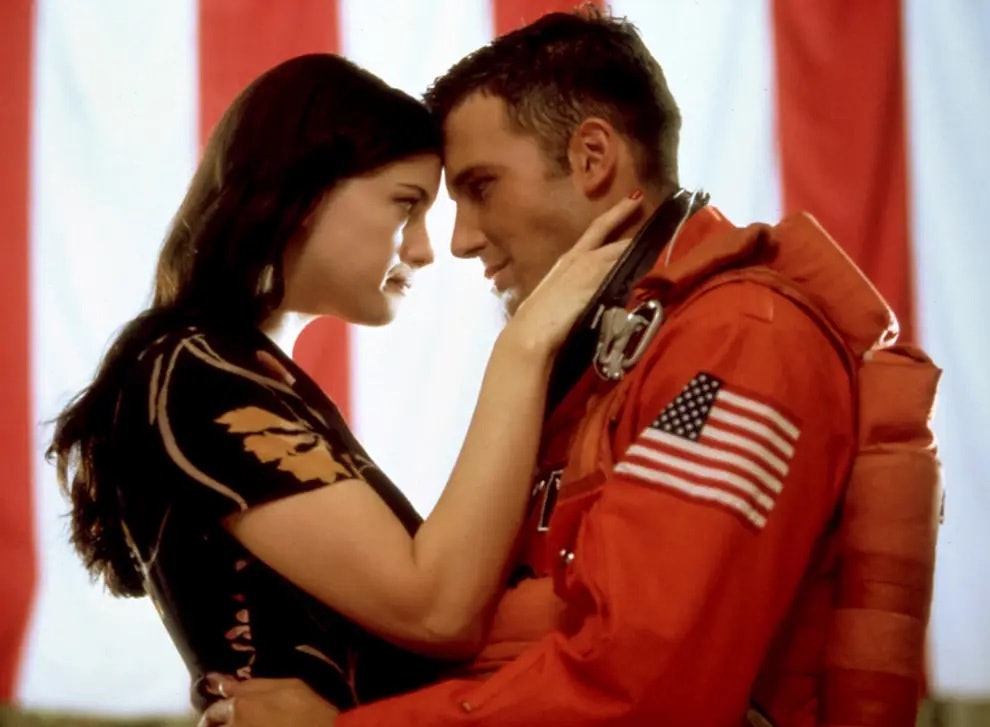
They often say that Hollywood has no original ideas. Some years prove that ethos more thoroughly than others. In 1998, audiences were treated to no fewer than two big-budget blockbusters centered on the impending extinction of mankind via an asteroid collision with Earth. Mimi Leder broke new ground as a rare female filmmaker to direct one of the highest-grossing films of the year, with Deep Impact. In the other corner was Michael Bay, the full-throttle heir to the blockbuster throne, with Armageddon. By the end of the year, one film would be a critics’ favorite while the other would smash box office records and pave the way for a new era of Hollywood.
The concept of similar films entering production and competing for audiences’ attention at the same time is known as dualling. Sometimes it’s pure coincidence, but often it’s a case of studios wanting to chase a trend while it’s still a thing. Consider Antz versus A Bug’s Life, or Volcano versus Dante’s Peak, two pairs of films released by competing studios with identical intentions in terms of creation and distribution. Disaster movies are a frequent feature of Hollywood entertainment, and Paramount had spent decades tossing around the idea of a film where an asteroid is set to destroy the planet.
According to Bruce Joel Rubin, the co-writer of Deep Impact, a production president from Disney took notes on everything he'd said about his new project during a lunch meeting then took it to his home studio to pitch what would become Armageddon. So, this seems to have been a direct shot across the waters towards Paramount, who, at the time, had Steven Spielberg attached to their collision movie. Both films have a similar set-up: an asteroid of cataclysmic proportions is heading towards Earth, and a crew of astronauts must figure out a way to destroy it before it eradicates all existence on our planet. Deep Impact takes its time, establishing a wide array of characters who are impacted by the disaster, from the astronauts to the journalists covering it to the kid who discovered the asteroid.
Where Deep Impact decided to aim for something more human with a greater focus on scientific accuracy, Armageddon brought on board the legendary producer Jerry Bruckheimer (and at least nine screenwriters) to make a high-concept thrill ride that practically spat in the face of subtlety. Such a project called for a director of very specific skills. Enter Michael Bay, the newest protégé of Bruckheimer who had just released The Rock to strong box office profits. Everything was going to be big: the set-pieces, the characters, the music, the weird racist stereotypes, even the asteroid (Deep Impact’s is the size of New York City; Armageddon’s is as big as the state of Texas.)

The heroes of Armageddon are not the snooty scientists or even the highly-trained astronauts. Rather, they are a group of blue-collar oil drillers, headed by Bruce Willis. They shoot golf balls at Greenpeace protestors, blow their cash on strippers, and at least one of them dabbles in horse sedatives for fun. After less than three weeks of training, they’re fired into space to blow up the rock with a hydrogen bomb. The pacing is that of pure freneticism, with the brief moments of breathing room given to a saucy Hallmark-card romance between Ben Affleck and an underused Liv Tyler (who at least gets to be a character rather than a sexy prop, which is Bay’s gender status quo.)
This is not a movie of subtext. People say what they’re feeling, the jokes are obvious, and someone wields a gun in space when they get angry. It’s no wonder that the critical consensus for the film on Rotten Tomatoes is that it's "about as intelligent as the asteroid." You feel the shallowness in comparison to Deep Impact, which cares deeply about its humans and the loss of many of their lives. In Armageddon, most of its cast are glorified crash-test dummies, and the destruction of multiple major world cities is shot with the awestruck glee of a toddler playing Godzilla with their Lego set. There’s barely any time to take note of the calamity thanks to Bay’s notoriously fast editing, with some cuts happening within mere milliseconds of one another.
Yet, for all its exhausting bombast, Armageddon is undeniably a ton of fun. It's certainly nowhere near the worst movie of 1998, as Roger Ebert declared. You're easily swept up in the mile-a-minute pace of the action, and the gung-ho excitement of a bunch of scrappy underdogs sticking it to outer space. Deep Impact lingers with you much longer, the agonies of its characters on full intimate display, but the circus of Bayhem is a dizzying thrill for its 152-minute running-time.


While Deep Impact beat Armageddon to a domestic release, it was easily trumped at the box office, with Armageddon earning over $553.7 million to its $349.4 million. Leder won the battle by making the better movie, but Bay undeniably won the war. His retina-burning, fast-cutting, breathlessly speedy form of filmmaking became the prevailing aesthetic of blockbusters for the first decade of the new century. It’s most evident in other Bay movies, like the increasingly interminable Transformers franchise, but you can see it elsewhere, from Peter Berg’s Battleship, to the knowing lunacy of Crank, to basically Gerard Butler’s entire career. The Fast and Furious franchise embraced Bay-esque excess and audiences adored it more than ever. This brand of overload and near-obscene cinematic overload certainly divided audiences, but it made a lot of money. Watching a Bay film on the big-screen, you really feel like you’re getting your money’s worth. Bay even inspired a new movement of cinema: vulgar auteurism.
It’s not hard to see why viewers eventually tired of this, especially since Bayhem is partly defined by hefty doses of racism and sexism, but it remained the dominant form of cinema for so long for a reason. Now that Bay’s no longer king of the high-concept in the franchise age, we can’t help but miss him a bit, although the weirdly underrated Ambulance gave us a taste of his madness (now with drones!) Still, every nine-figure blockbuster of the past two decades can find a smidgen of Bay’s DNA in its production, whether they like it or not. Armageddon laid the path, and Michael Bay blew it up, over and over again.







